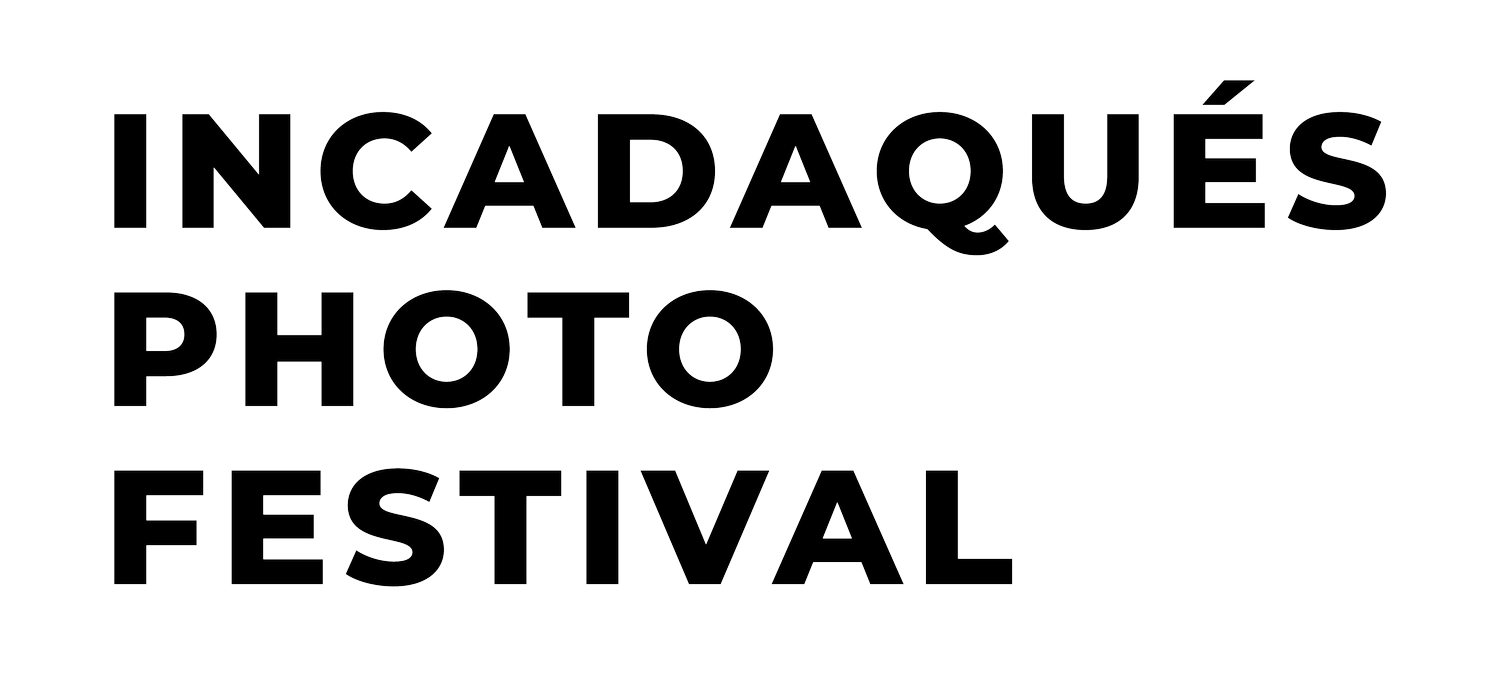Sanne de Wilde & Bénédicte Kurzen
BELGIUM / FRANCE
Sanne De Wilde explores in her photographs the part genetics plays in people's lives and the way it shapes and affects communities. In 2012, she obtained a Master of Fine Arts degree at KASK in Ghent, Belgium. Her photo series ‘The Dwarf Empire’ was awarded by the Photo Academy Award 2012 as well as the DST International
Emerging Photography Award in 2013. Her series ‘Snow White’ was awarded by the 16th National Open Photography Prize and the NuWork Award for Photographic Excellence. She received the Nikon Press Award in 2014 and 2016 for the most promising young photographer. The British Journal of Photography selected De Wilde as one of the world’s best emerging talents in 2014. She also received the Firecracker Grant 2016, the PHmuseum Women’s Grant and the de Zilveren Camera award for The Island of the Colorblind. Most recently, she won a World Press Photo Award for her collaborative project with NOOR photographer Benedicte Kurzen for ‘Land of Ibeji’ in 2019.
Bénédicte Kurzen has been a member of the NOOR agency since 2012. Her work is based on long-term commitment and ethical rules around issues of post-colonial representation of war, violence and socio-economic changes in Africa and more specifically in Nigeria.
For several years, she has been developing a collaborative and experimental approach, in relation to her subjects, as well as with other photographers and artists, to defuse the Western author's gaze and some of its mechanisms of representation, especially in her last two series, 'State of Emergency' and 'Land of Ibeji'. She was a member of the World Press Joop Swart Masterclass and a Pulitzer Center and European Journalism Center laureate, nominated for the Visa d'Or for her work on ethnic-religious violence in Nigeria. She is represented by TJ Boulting Gallery (London, UK). From 2015 to 2016, she was an associate professor at the American University of Nigeria.
• SERIES •
LAND OF IBEJI
LAND OF IBEJI
In West Africa, the rate of twin births is about four times higher than in the rest of the world. And the heart of this twin zone is Igbo-Ora, a sleepy town in southwestern Nigeria. ‘Land of Ibeji’ is a collaborative photographic project about the mythology of twinhood in Nigeria. ‘Ibeji’ which means ‘double birth’ and ‘the inseparable two’ in Yoruba, represents the ultimate harmony between two people.
Through a visual narrative and aesthetic language meant to reflect and reinforce the Yoruba culture that celebrates twins, the two photographers extend their gaze beyond appearance - with tools of symmetry and likeness - to consider the twin as a mythological figure and a powerful metaphor : the embodiment of the duality within a human being and the duality we experience in the world surrounding us.
Communities have developed cultural practices in response to this high twin birth rate, varying from veneration to demonisation. In some areas, shrines are built to worship the spirit of the twins and celebrations are held in their honour. In other places, twins are vilified and persecuted for their perceived role in bringing bad luck, in particular to rural communities. In Yoruba beliefs, every human being has a spiritual counterpart, an unborn double spirit. In the case of twins, the spiritual double is born on earth.
The friction between communities celebrating twins and those rejecting them lies in the perception of the twin as an extremely powerful spirit. Duality is the key theme in this project, duality within ourselves and in the world. Between the metaphorical and the literal, the visible and the invisible, the material and the spiritual, day and night, dark and light.





